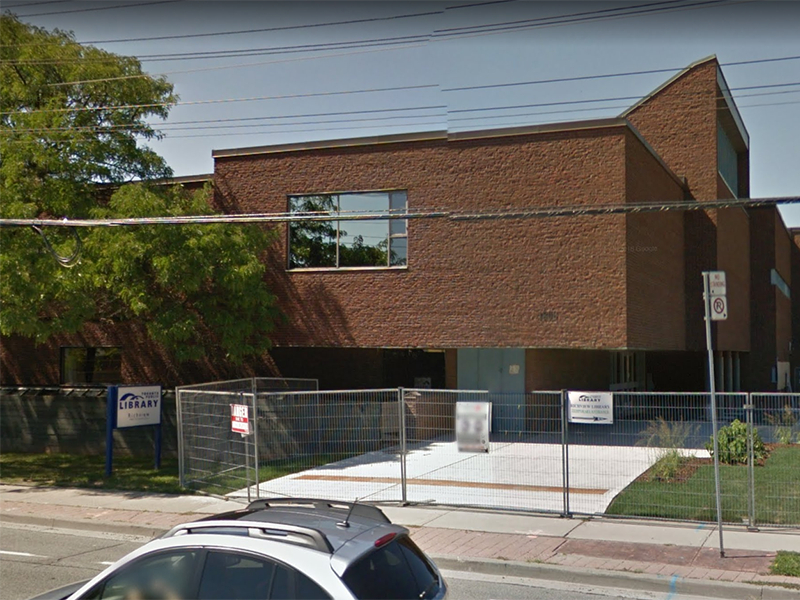Benjamin Franklin’s brilliant 1731 Pennsylvania Gazette piece, titled, Apology for Printers, includes this thought-provoking statement: “If all printers were determined not to print anything till they were sure it would offend nobody, there would be very little printed.”
Op-ed columnists, much like printers, should also follow this credo. The goal shouldn’t be to please audiences with harmless platitudes, but rather to challenge existing opinions and preconceived notions.
Which brings us to this column. It will likely offend some CJN readers, and frustrate others. The key is whether it helps break down the narrow prism of thought related to this difficult subject.
Barbara Kulaszka, a lawyer in Brighton, Ont., died on June 15. She assisted the late B.C. lawyer, Doug Christie, in defending free speech for controversial figures, such as Ernst Zundel, Paul Fromm and Marc Lemire.
A private memorial for Kulaszka was arranged at the Richview Library, in Toronto’s west end, on July 12. While the choice of venue may seem odd, she was originally trained as a librarian, so it actually made sense.
When word spread about this event, some people attempted to pressure the library into cancelling it. Their last-ditch efforts were to no avail – and that’s a good thing, as far as I’m concerned.
Let’s be frank: This was a memorial for a lawyer who, in the eyes of some people, had defended controversial figures and causes. It wasn’t a meeting to discuss their mutual dislike of racial and minority groups, Holocaust denial or Islamophobia.
Nevertheless, some believe the library should be condemned for hosting this event and for stating that, “We do not tolerate hate speech. However, we cannot deny bookings from the community that are in accordance with the law and the library’s policy and rules of conduct.” But I disagree.
READ: SHAME ON TORONTO PUBLIC LIBRARY, AND ON TORONTO
While libraries are publicly funded institutions, they have the right to make their own decisions about day-to-day operations, free from state interference. If Richview felt the Kulaszka memorial fit within its guidelines, irrespective of the individuals involved and their reputations, then we should respect the library’s position – even if we don’t agree with it.
Plus, if the memorial had evolved into a hate-fest, the library would have been within its rights to shut it down for operating under false pretences. This clearly didn’t happen. Staff were monitoring the room, and according to first-hand accounts (including from the media), it was a quiet, reserved affair.
Nor should we be upset about the several controversial figures who were among the mourners. Individuals are allowed to grieve for others, regardless of their positions on life and society. They’re free to attend public events, in spite of their views about the public. Most importantly, this event was never about them.
Please don’t interpret this as a defence of their views. While I (and others) share some of their positions about individual rights and freedoms, there are many points of disagreement. That is, in effect, the very nature of free speech: the defence of the right of individuals to espouse ideas that are either agreeable, or disagreeable.
The memorial’s opponents drew unnecessary attention to a minor event that was reportedly attended by only 25 people. They emboldened their rivals and gave them the media attention they crave. Their claim that libraries can now be used for these types of functions is possible, largely because they foolishly planted this seed in the public consciousness.
Toronto city council could opt to change the parameters of a public library’s function and eliminate memorials and outside meetings going forward. But it would be challenged in a court of law, because it would surely be viewed as – you guessed it – offensive.
Michael Taube, a Troy Media syndicated columnist, Washington Times contributor and TV/radio pundit, was a speechwriter for former prime minister Stephen Harper.
